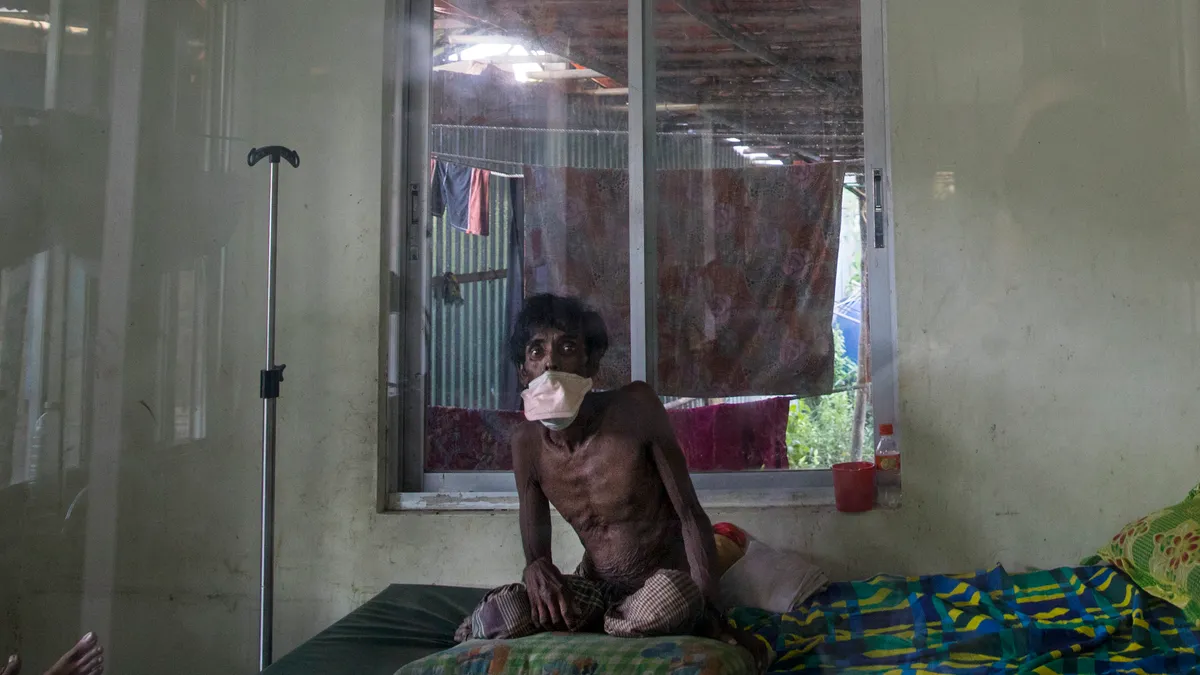Dive Brief:
- Researchers have used a smartphone app to assess cough frequency in people with tuberculosis (TB) and other respiratory diseases, suggesting the technology can enable remote monitoring.
- Writing in the International Journal of Tuberculosis and Lung Disease, the researchers describe the use of the Hyfe Research cough tracking app to monitor 565 respiratory disease patients.
- The study showed patients with TB coughed more than people with other respiratory diseases and experienced distinct responses to treatment. If validated in further studies, the work could support use of the digital biomarker to stop overtreatment of TB and improve disease detection.
Dive Insight:
Hyfe’s CoughPro app uses algorithms to determine whether sounds picked up by smartphone microphones are coughs. Because many people are next to their smartphone all day, the app can show how the frequency of cough changes over time and facilitate remote, round-the-clock data collection using existing hardware.
Researchers at the University of California San Francisco worked with collaborators in Uganda, South Africa, the Philippines, Vietnam and India to assess the use of the technology in the monitoring of TB patients. The clinical trial enrolled 565 people who completed cough monitoring and TB testing.
In patients with microbiologically confirmed TB, the median cough count per hour was 8.0 on the first day of the study, compared to 5.0 in the cohort of people with other respiratory diseases. The mobile app tracked a decrease in cough frequency in all cohorts after the initiation of treatment, with the fastest improvement seen in patients with microbiologically confirmed TB.
“These findings support quantitative cough monitoring as a potential treatment monitoring tool,” the researchers wrote in a letter to the journal. “The use of cough-based biomarkers for TB screening may help reduce the overtreatment of people without TB and improve detection of TB when missed by routine symptom-based screening procedures.”
Further work is needed to validate the potential of the app. The researchers identified a need for data on the correlation between cough frequency and established treatment response biomarkers, such as time to positivity in liquid culture, and the potential for cough frequency to improve screening algorithms. Success would further expand the medical device applications of smartphones.










